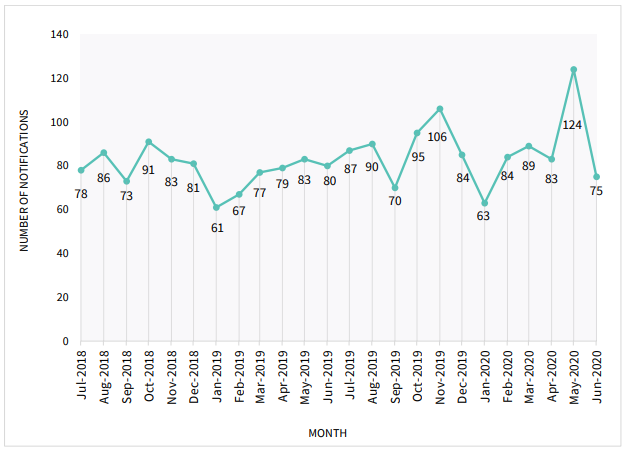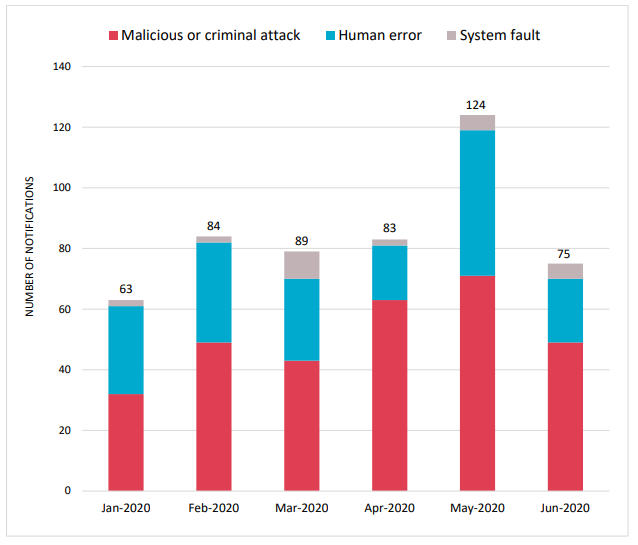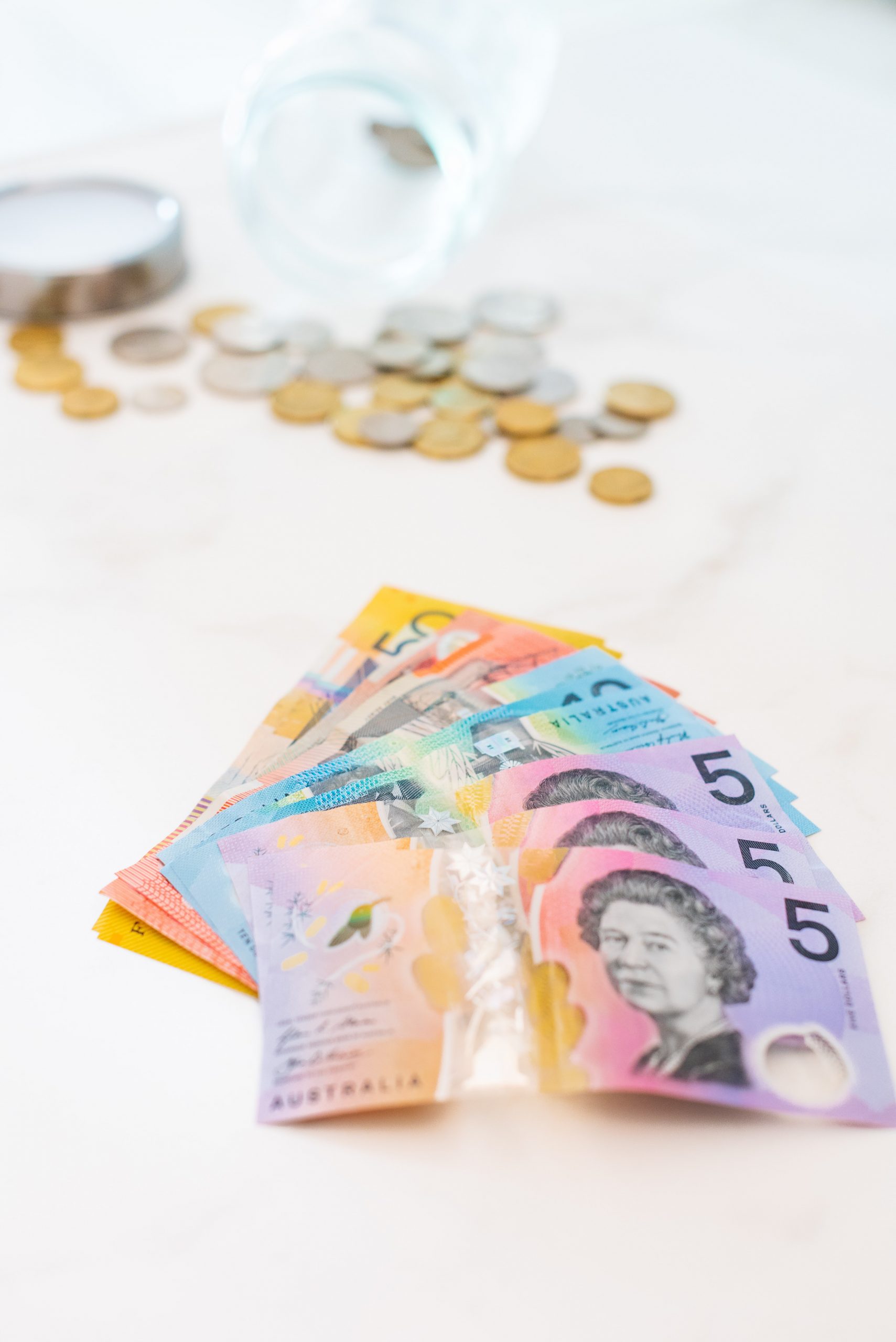A Victorian man has taken a bullish stance on the near future of Bitcoin — placing his Melbourne property on the property market for a quote of 67-73 BTC.
The Aussie property owner is offering a Reservoir house for a price that, at late July to August 2020 Bitcoin values, would see the property sold for between $850,000 to $950,000. Announced in a highlight published in the Herald Sun by Samantha Landy, the four-bedroom house, complete with a four car garage, pool, and “man cave” has been placed on the market by a vendor that considers Bitcoin “better than cash”
In an interview with the Herald Sun, the homeowner stated the opinion that now is a great time to accumulate Bitcoin:
“Bitcoin, tomorrow, could jump to $20,000. There is no other better asset class that has outperformed Bitcoin in the last 10 years”
Australian Bitcoin Real Estate Action Hints Toward 2017 Bull Run Repeat
Australia has maintained a crypto-friendly regulatory stance regarding the sale of property for Bitcoin and other cryptocurrency assets. An Australian property sold in 2019 was the first property in the world to go under the hammer in first-ever cryptocurrency real estate auction.
The auctioned house sold for a massive 457 Bitcoin, amounting to over $2.4 million at April 2019 prices.
The increased adoption of Bitcoin in the real estate market hints at increasing trust in the digital asset. The recent surge in property sales focused on Bitcoin and other cryptocurrencies follows trends expressed in mid 2017, with market action hinting toward a repetition of the 2017 Bitcoin all-time high of $20,000.













